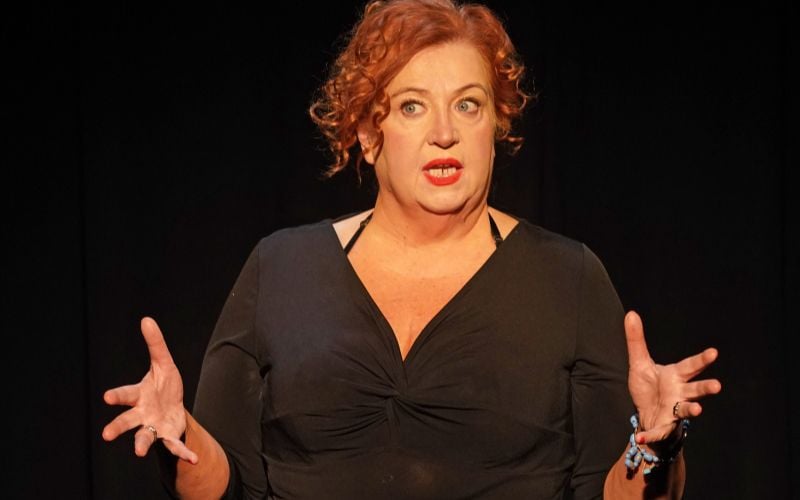THE resignation of Ian Paisley, effective in May, from his position as first minister of the Northern Ireland government and leader of the Democratic Unionist Party (DUP) marks the end of one of the most extraordinary eras in Irish public life.
It was a tired and subdued Paisley who made his announcement on Tuesday, March 4. Gone was the bluster and braggadocio of former days.
In its place was a weary 81-year-old man who had fought more than his share of battles, but was now finally recognizing this was one he could not win.
Paisley bestrode the Northern Ireland landscape since the early 1960s and has seen off more Unionist leaders and opponents than any politician inn history. Now, after a half-century or so comes his own political retirement.
In that half century he had gravitated from right wing religious crackpot to respected elder statesman who took a massive gamble to win peace for his state.
In the end there was a tinge of Greek tragedy to this downfall. His son Ian Junior, for long seen as his successor, instead became the instrument of his father's downfall.
Paisley's resignation came as no huge surprise as it had been widely telegraphed in the wake of Ian Junior's resignation as a minister after allegations of corruption were made against him.
Paisley Junior had hardly been dispatched to the backbenches when an amazing decision was made to appoint him to the policing board, one of the most high profile jobs in Northern Ireland.
In the end that seemed to be the final straw for Paisley Senior's many opponents within the DUP. Both hardliners and moderates found reason to make common cause and it is clear that Paisley, being the astute politician he undoubtedly is, recognized the inevitable.
Hardliners had deep resentments against Paisley for agreeing to power sharing with Sinn Fein, a revolutionary decision made last year. The subsequent feel-good relationship between him and Sinn Fein Deputy First Minster Martin McGuinness further exacerbated his right wing critics.
Moderates in the party led by Peter Robinson, Paisley's likely successor, also had their reasons for wanting him gone. The allegations against his son were also damaging the party severely, and when they lost a hotly contested council seat lately it was clear that the pressure was piling up.
Northern Ireland's government will be less secure after Paisley's passing. The working relationship between McGuinness and Paisley had surpassed all expectations but was causing huge problems for hardline Paisleyites.
The ideal scenario would have been for Paisley to continue with McGuinness for another year or so and bed down the power sharing arrangement properly.
Robinson, if he succeeds in replacing Paisley, will be perfectly aware of the need to fend off his right wing critics who have typecast him as too accommodating to the new order.
He will not have the same control over the party that Paisley enjoyed up to very recently. We can expect a far colder personal relationship with McGuinness, and a long, drawn out fight on issues such as bringing policing and security back under the control of the local government. In the end, however, Robinson recognizes that the process has come too far now to be attenuated at this point.
Sinn Fein will know that they too cannot overplay their hand. From the time Sinn Fein went political they have succeeded in causing foment and unrest in unionism, culminating in Paisley's resignation. It is important that on this occasion, Paisley's successor is allowed time to settle in.




Comments